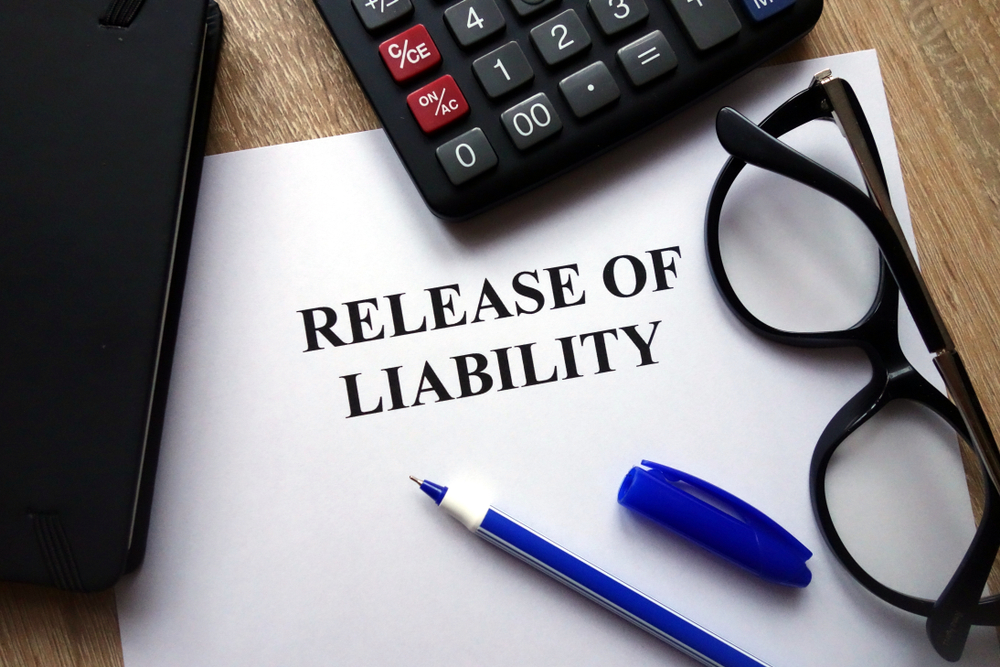Attorney’s Fees on Attorney’s Fees
Can I recover my attorney’s fees for litigating the reasonable amount of attorney’s fees I should be entitled to for prevailing in my lawsuit? This concept is known as “fees on fees.” It depends. Generally, [i]t is settled that in litigating over attorney’[s] fees, a litigant may claim fees where entitlement is the issue, but may not claim attorney’s fees incurred in litigating the amount of attorney’s fees. Nonetheless, certain contractual provisions are sufficiently broad to warrant an exception. The Burton Family Partnership v. Luani Plaza, Inc., 44 Fla. L. Weekly D1720c (Fla. 3d DCA 2019) (internal quotations and citations omitted) (finding bylaws created...
Continue reading












